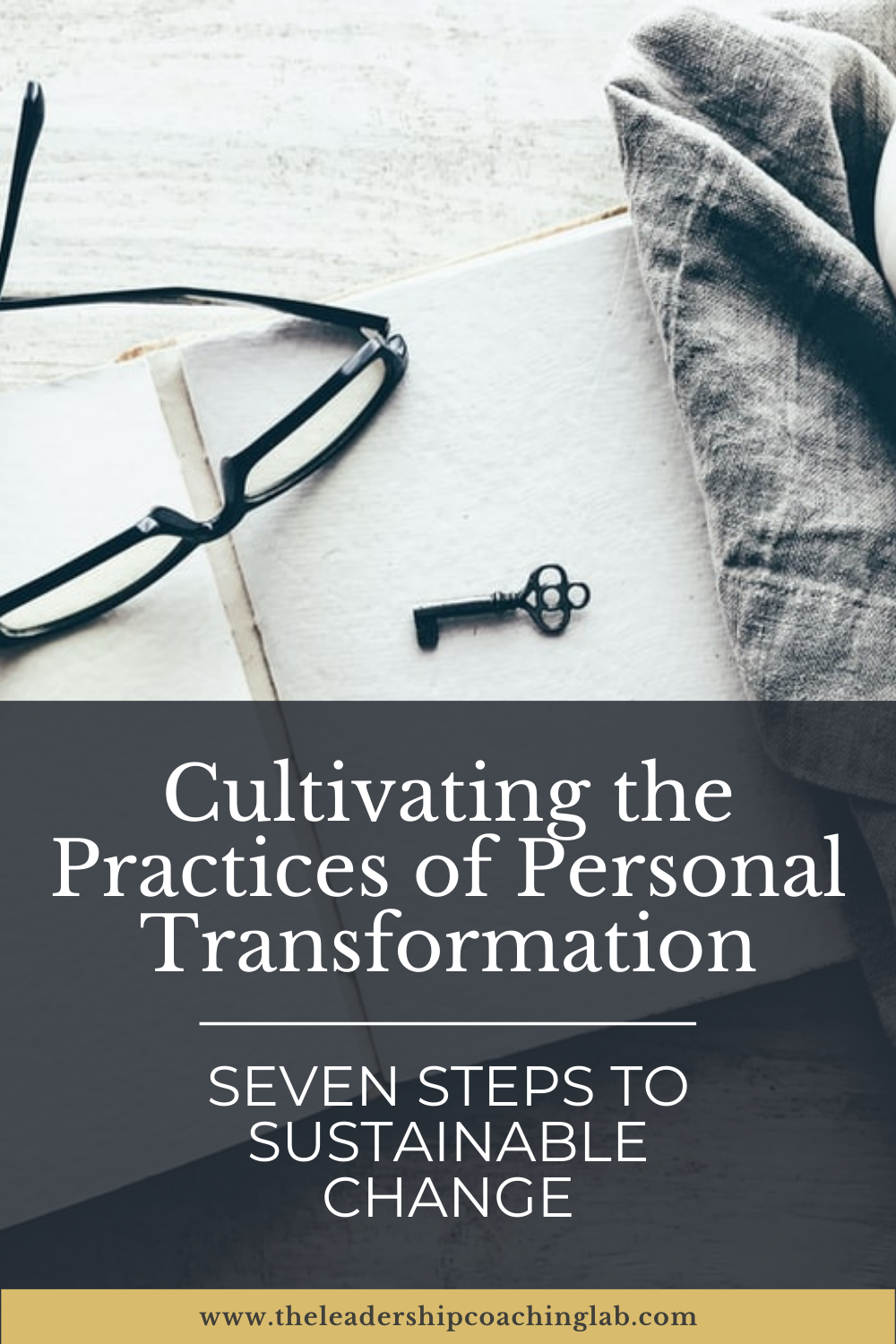7 Questions to Help You Choose the Best Self-Assessment
Which assessment will maximize your growth?
“As human beings, our job in life is to help people realize how rare and valuable each one of us really is, that each of us has something that no one else has or ever will have something inside that is unique to all time. It’s our job to encourage each other to discover that uniqueness and to provide ways of developing its expression.”
Choices abound when it comes to personality typing for personal or professional purposes. To date, an estimated 27 million individuals have taken the CliftonStrengths inventory, over 50 million have taken the Myers Briggs Type Indicator (MBTI), and millions are taking different versions of the Enneagram assessment with its recent spike in popularity. Other popular assessments include the Six Types of Working Genius, DISC profile, various versions of the color code assessment, temperament tests, and psychological inventories.
Self-assessments play an important role in helping us understand and articulate our uniqueness, gain empathy for our colleagues, family, and friends, and speak a common vocabulary with teammates. The variety of options can be energizing, but it can also be confusing to understand the distinctions, and to know which assessment will help meet your specific needs. And all too often taking an assessment is an isolated experience, in which there is little to no follow-up to support long-term growth.
If you are pursuing personal or professional development — for yourself or your team — consult this quick guide to maximize your return on investment.
Criteria for Choosing the Best Self-Assessment
1. What are your goals for using a self-assessment?
Different assessments serve different purposes. Some are designed to increase self-awareness, while others are better for team development, leadership growth, or personal reflection. Clarifying your goals upfront ensures that the tool you choose aligns with the outcomes you hope to achieve.
2. Who will be taking the assessment, and what do they need?
If you are a People Development Professional or People Leader looking for a team or group growth tool, understanding what your audience needs is essential. Assessments are most effective when participants see the relevance to their roles, responsibilities, or personal growth. Considering the needs, backgrounds, and motivations of those taking the assessment helps ensure engagement and meaningful results.
3. What evidence supports the effectiveness of this assessment?
Not all tools are created equal. Look for research, validation studies, or case examples that demonstrate measurable outcomes. Choosing an assessment backed by credible data increases the likelihood that it will deliver meaningful insights.
4. Does the assessment align with my values and culture?
Every assessment carries assumptions and a philosophy. Some focus on strengths, others on identifying blind spots. For organizational use, ensure the tool is culturally compatible and supports the values you want to foster. Alignment ensures participants resonate with the assessment and take the results seriously.
5. How much time can I devote to the assessment process?
Effective use of an assessment involves more than just taking it. Consider the time needed to learn the tool, complete it thoughtfully, and review results. Planning for sufficient time ensures that the insights gained are meaningful and actionable.
6. What budget and resources are available to support this assessment?
Assessments vary in cost. Some are free, while others require investment in reports, facilitator support, or supplemental learning materials. Consider what resources are needed to maximize the value of the tool and ensure it supports long-term development.
7. How will I apply the results for meaningful development?
An assessment is only valuable if the results lead to action. Plan for reflection, learning, and development activities that allow insights to translate into personal or team growth. Incorporate follow-up practices to ensure the assessment becomes a tool for real change rather than just a report.
Get the Complete Toolkit to Inspire Growth & Change
Get my free 60-page ebook featuring my 8-step process for growth and 80 powerful questions for coaching or reflection - designed for leaders, coaches, & personal growth enthusiasts.
You'll also join 2,000+ professionals who receive The Coaching Mindset, my newsletter for practical tips to inspire intentional growth and tools to take a coach approach.




